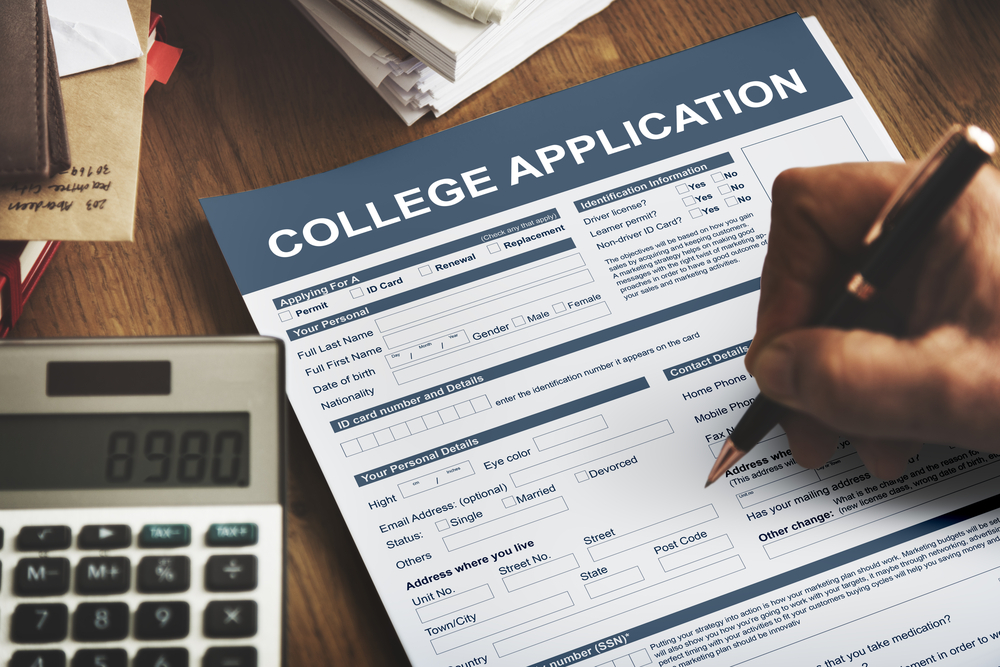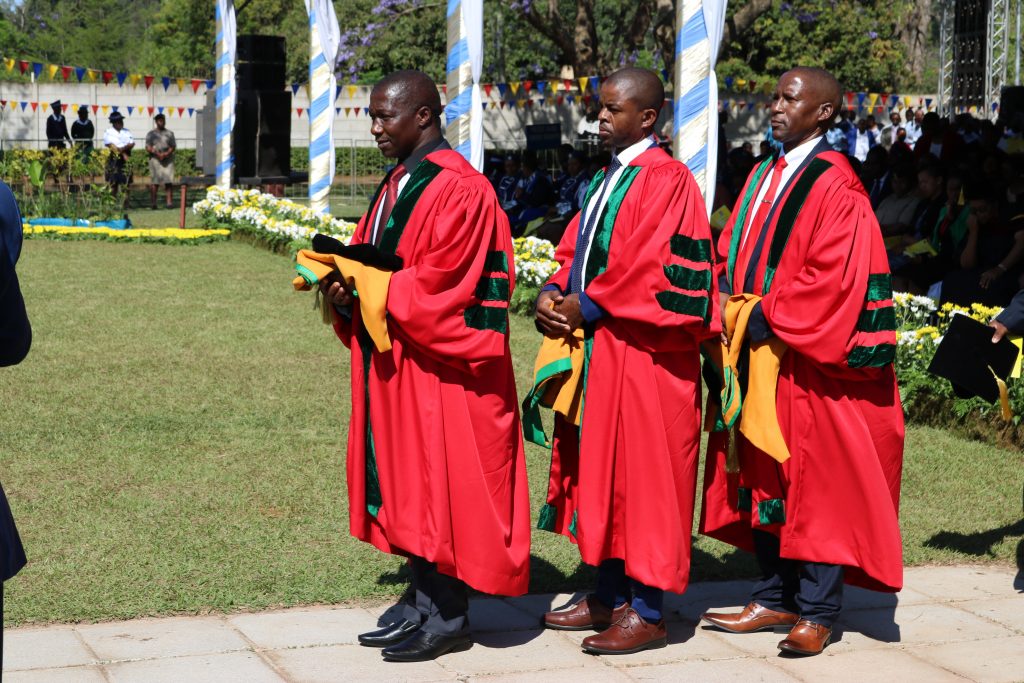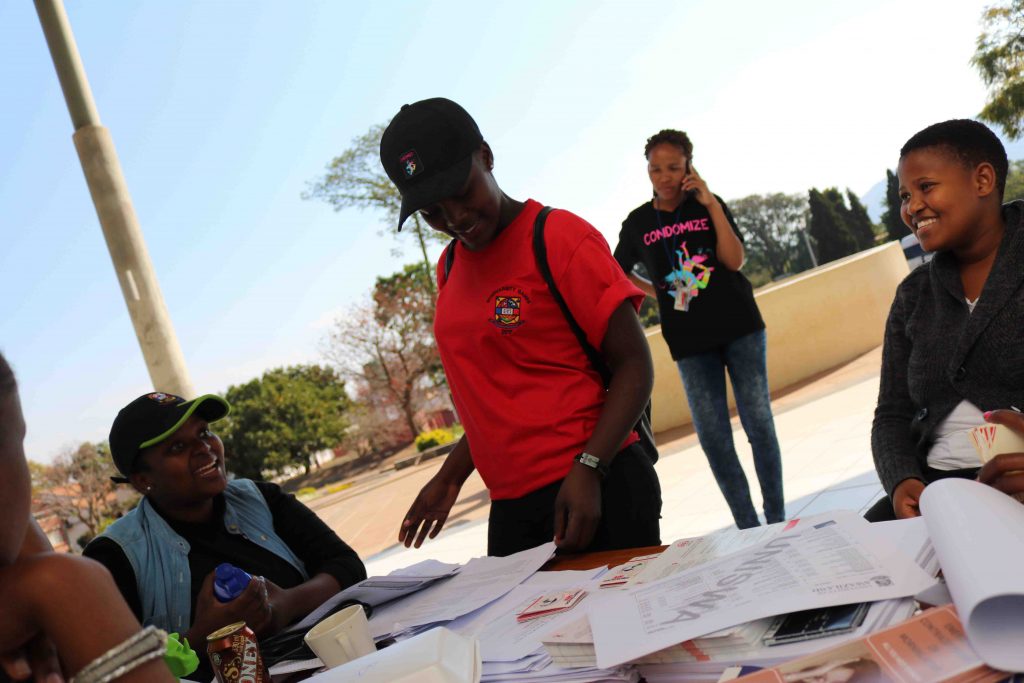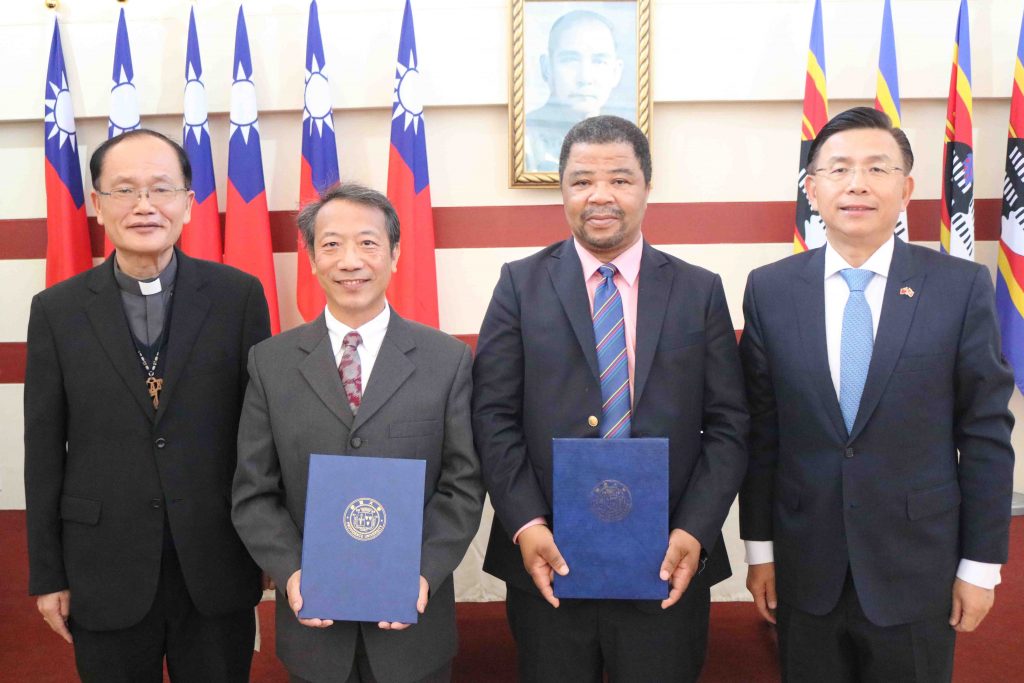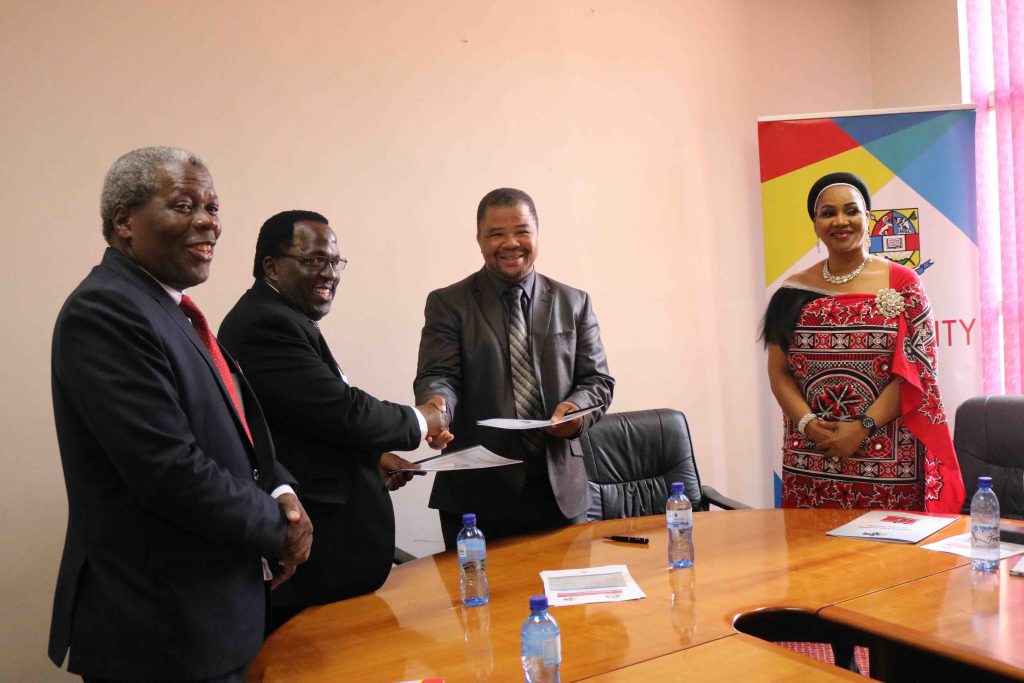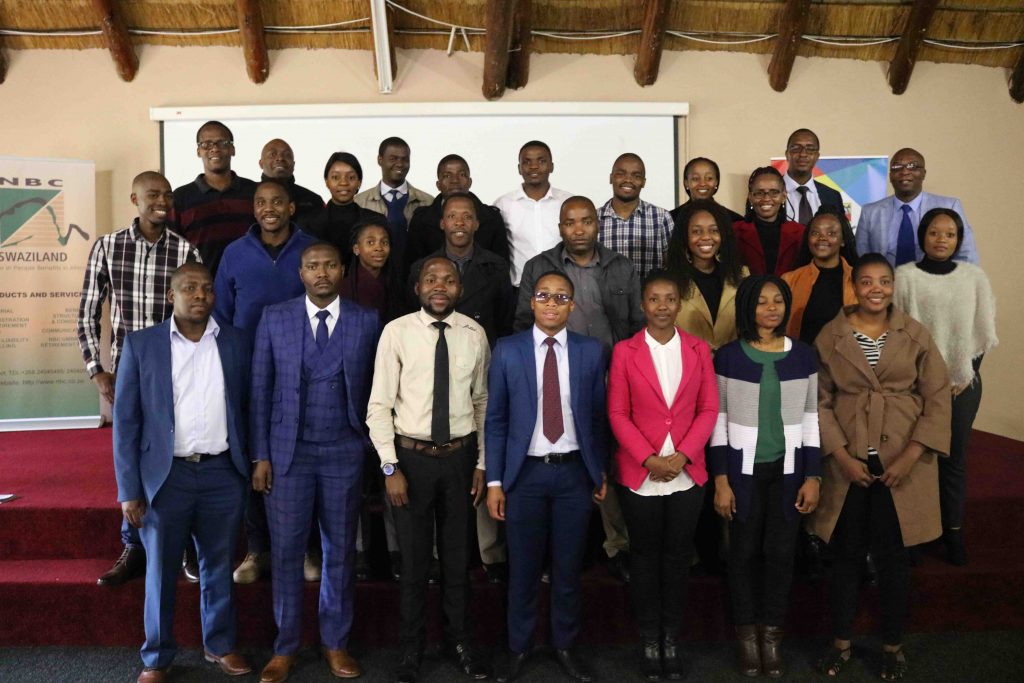University of Eswatini Research Journal Editorial Policy
AIM AND SCOPE
The UNISWA Research Journal is a publication of the University of Swaziland and it appears twice a year, in June and December. It is intended primarily as a forum for publishing work in the areas of Commerce, Education, Humanities and Social Science. Manuscripts should be clearly written in English and, by and large, will fall into one of the following categories:
• Original research, both empirical and theoretical
• Analysis of problems or phenomenon that need to be researched
• Accounts of professional practice
• Policy papers
• Comment on any topical issues of concern to Swaziland
• Book reviews
MEMBERSHIP OF THE EDITORIAL BOARD
The membership of the Editorial Board consists of:
1. An Editor
2. Deputy Editor
3. One representative from the Faculties of Commerce, Education, Humanities, Social Science, Institute of Distance Education and the Library.
4. The Director of UNISWA Research Centre
5. A Secretary
Besides above members, there are four additional members of the Editorial Board, who are appointed from Universities in Africa; one each from Northern, Southern, Western and Eastern Africa. It is essentially to enhance the image of the Journal internationally and also to improve the quality and scope of the reviewers of manuscripts; and by extension, the quality of published papers, thus making the Journal competitive. The primary functions of these members are to review manuscripts, assist in identifying reviewers, and to receive and forward manuscripts from outside Swaziland to the Secretariat of the Editorial Board. These members are appointed by the Vice Chancellor on the advice of the Editorial Board.
SUBMISSION OF MANUSCRIPTS
Manuscripts should be sent to The Secretary, UNISWA Research Journal, University of Swaziland Research Centre, P. O. Luyengo, Swaziland. The cover of the paper should indicate the author’s name, title (Prof., Dr., Mrs., Ms.), position, department, institution and email address.
Submission of an article is taken to imply that it has not been published elsewhere nor considered for publication elsewhere
Since the Journal employs computerized typesetting, submissions should be made on diskette, using MS-Word or WordPerfect, and accompanied by a printout. Articles should be typed, double-spaced, with an ample margin on A4 paper; they should have a maximum length of 20 pages including references and appendices. Book reviews should not usually exceed 1 000 words. An abstract of 100 words or less, in italics, summarizing the main points, should accompany the typescript. Endnotes (for supplementary comments) should be typed at the end of the text; footnotes are not employed. Tables should be typed at the appropriate place in the text; figures should be submitted on separate sheets, done in black ink on white paper and ready for camera production. The style to be followed is that of Hart’s Rules for Composition and Readers. Authors wishing to consult this manual should contact the Editorial Secretary. Figures based on empirical data should be accompanied by the data tables from which they originated.
References should be indicated in the text by giving the author’s name with year of publication (in brackets) and page number(s) when direct quotation is made. At the end of the paper the references should be listed (without numbering) alphabetically according to the first author’s name, as in the examples below:
Crush, J. (1986). Colonial coercion and the Swazi tax revolt of 1903-07. In Daniel, J.
and Stevens, M. (eds.), Historical perspectives on the political economy of
Swaziland, Social Science Research Unit, University of Swaziland, Kwaluseni,
Swaziland.
Dumane, M. and Saunders, P. (1974). Lithoko, Sotho praise poems. Oxford University Press,
Oxford.
Hopkins, A. (1973). An economic history of West Africa. Longmans, London.
Nyeko, B. (1976). Pre-nationalist resistance to colonial rule: Swaziland on the eve of the
imposition of British administration. Trans-African Journal of History, Vol. 5,
68-84.
Manuscripts, which do not comply with these requirements, will be returned to the authors.
You might also like
The University of Eswatini offers certificate, diploma and degree programmes at the undergraduate level…Read more>>
The University of Eswatini offers certificate, diploma and degree programmes at the undergraduate level…Read more>>
Application for admission to post-graduate study programmes for both Emaswati and international citizens…Read more>>
When it comes down to student life, academic engagement and growth form the foundations of the University of Eswatini. UNESWA also offers a dynamic and well-rounded student experience on all our campuses around the country of Eswatini. Click here to learn more about the buzzing student life and not-to-be-missed activities that can cater to your specific interests.
If you have gotten this far, you’re already a UNESWA student in our books. Click here if you have any questions aboiut ypur prospective or current studies
